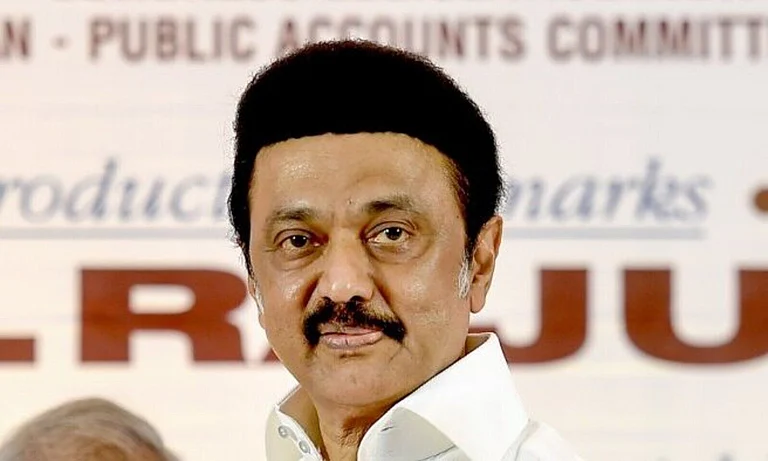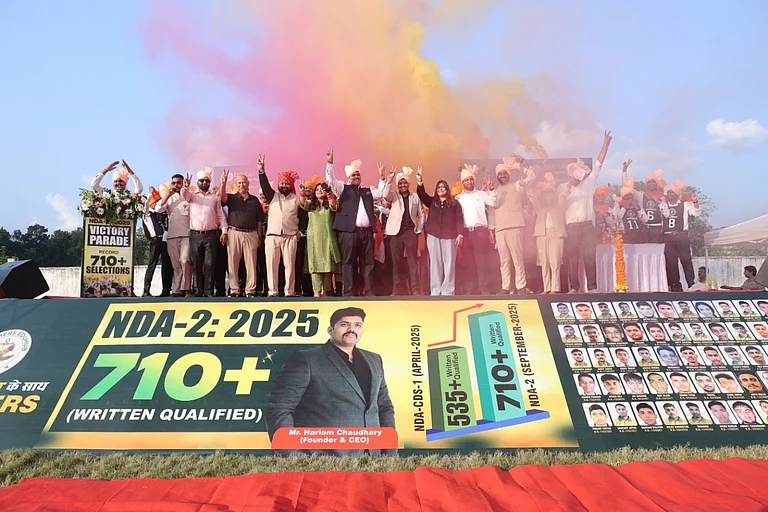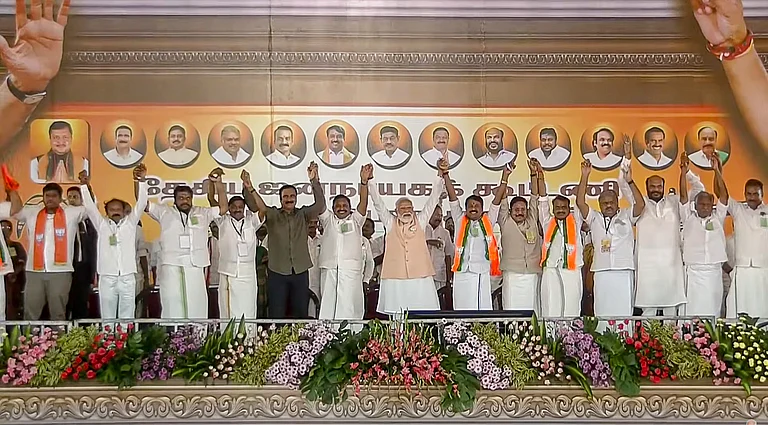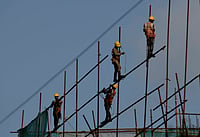
The Lok Janshakti Party (LJP), founded by Ram Vilas Paswan, has shifted alliances frequently while retaining a strong Dalit base in Bihar.
Internal rifts and a family split weakened the party after Paswan’s death, but Chirag Paswan revived it by rejoining the NDA.
The party had regained significance within the NDA during the 2024 Lok Sabha elections.
With the Bihar Assembly elections approaching, smaller parties within each alliance have assumed greater significance, both in political discourse and in the delicate seat-sharing negotiations. Among them is the Lok Janshakti Party (LJP), founded by Ram Vilas Paswan in November 2000 following a split from the Janata Dal (United). The party quickly built a strong base among Dalit voters in Bihar.
Under the NDA’s current seat-sharing arrangement, the LJP is set to contest 29 seats. Its political journey, however, began on the opposite side of the spectrum — in alliance with the Congress and the Rashtriya Janata Dal (RJD), the very parties it now faces in the polls. In the 2000 Assembly elections, the LJP won four Lok Sabha seats.
The party gained national prominence when Paswan joined the United Progressive Alliance (UPA) in 2004, serving as Union Minister for Chemicals and Fertilisers and later for Steel. That year, contesting in alliance with the Congress and against the RJD, the LJP won 29 Assembly seats.
However, with no coalition securing a clear majority, the party declined to support any side in forming the government. The resulting political deadlock paved the way for Nitish Kumar and the NDA to sweep to power in the subsequent election. The LJP fielded candidates in 203 constituencies but managed to win only 10 seats.
In an attempt to prove its mettle on the national stage without the umbrella of a major party, the LJP contested the 2009 general elections in an alliance known as the Fourth Front. However, the alliance, which comprised the RJD, LJP, and the Samajwadi Party (SP), performed abysmally. The party had promised to improve the socioeconomic and educational development of lower castes, Muslims, and women, including reserving positions within the government and the judiciary for individuals from those groups.
Amid its declining appeal among the populace, the LJP contested the 2010 assembly elections in alliance with the RJD and SP. Their woes continued, with only three party members being elected. Internal politics and accusations of nepotism against Ram Vilas Paswan led to a flurry of defections from the party to the JD(U).
In its bid to gain influence, the party forayed outside Bihar, but that effort was largely unsuccessful. Although it set up political units in many states and ran dozens of candidates in the legislative assembly elections of Punjab, Uttar Pradesh, and other states, it was able to establish virtually no political influence there. To further aggravate the crisis, its Jharkhand unit merged with the Congress, and in 2012, all 212 party candidates also lost in the UP elections.
The party’s fortunes changed when it allied with the Bharatiya Janata Party for the 2014 elections. The strategy paid off, as the LJP won six parliamentary seats in Bihar — with Paswan being one of the successful candidates. The BJP came to power in a landslide victory, and Paswan was given the portfolios for Consumer Affairs and Public Distribution.
The 2015 assembly elections brought back its woes, with the party winning just two seats out of the 40 it contested. In the 2020 state elections, under the leadership of Ram Vilas Paswan’s son, Chirag Paswan, the party decided to quit the NDA and fight alone on 143 Assembly seats. This move significantly dented the electoral performance of the JD(U) in the elections.
The Lok Janshakti Party (LJP) split in 2021 following a bitter power struggle within the Paswan family after the death of its founder, Ram Vilas Paswan.
Tensions flared between his son, Chirag Paswan, and his uncle, Pashupati Kumar Paras, over the party’s stance towards Chief Minister Nitish Kumar and its position within the NDA. Chirag’s decision to field candidates against the JD(U) in the 2020 Bihar elections deepened the divide. Eventually, Paras and five of the party’s six MPs broke away, resulting in two factions — the LJP (Ram Vilas), led by Chirag, and the Rashtriya Lok Janshakti Party (RLJP), led by Paras.
Chirag later returned to the NDA fold and contested the 2024 Lok Sabha elections as part of the alliance. The party won five seats and re-emerged as a key player in the coalition, even as Paras’s influence steadily declined.
From internal discord to renewed political relevance, the LJP now stands as a pivotal force in Bihar, shaping the contours of the state’s electoral landscape ahead of the 2025 Assembly elections.































